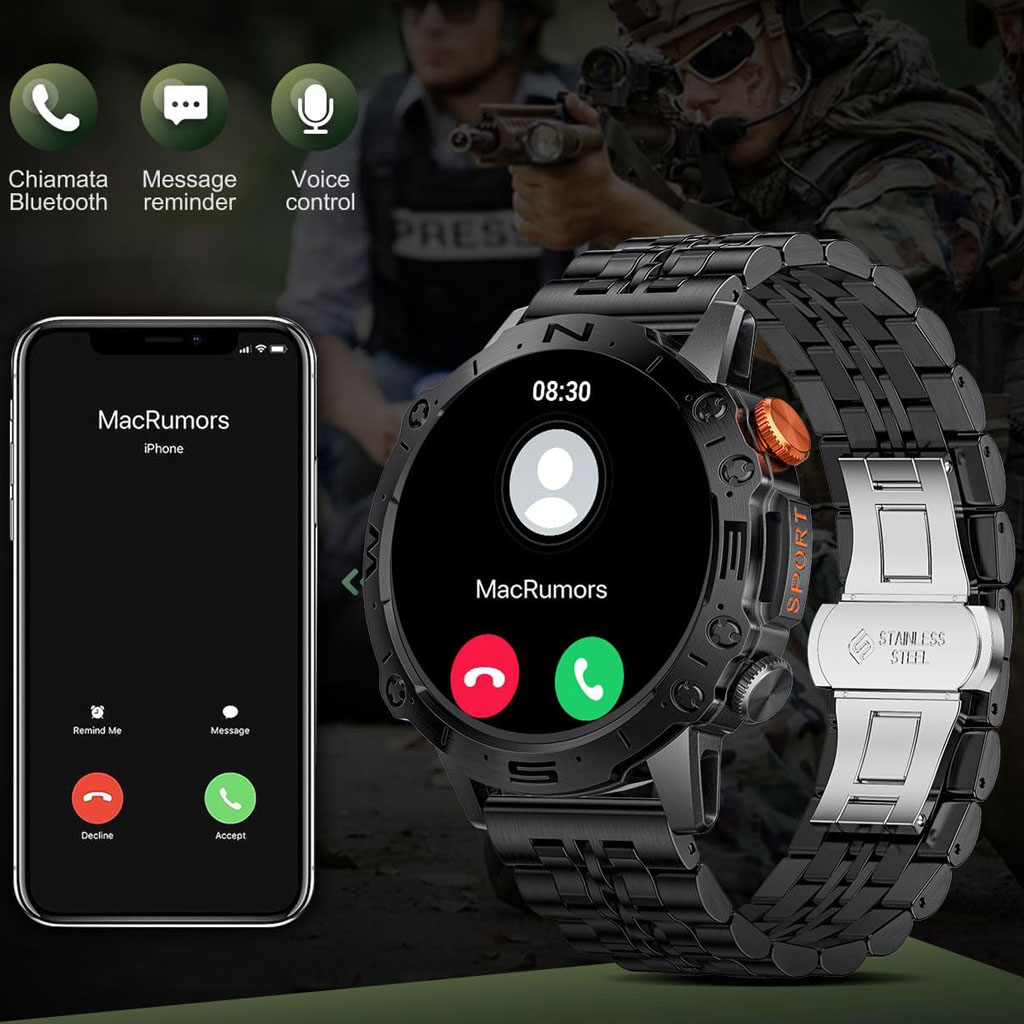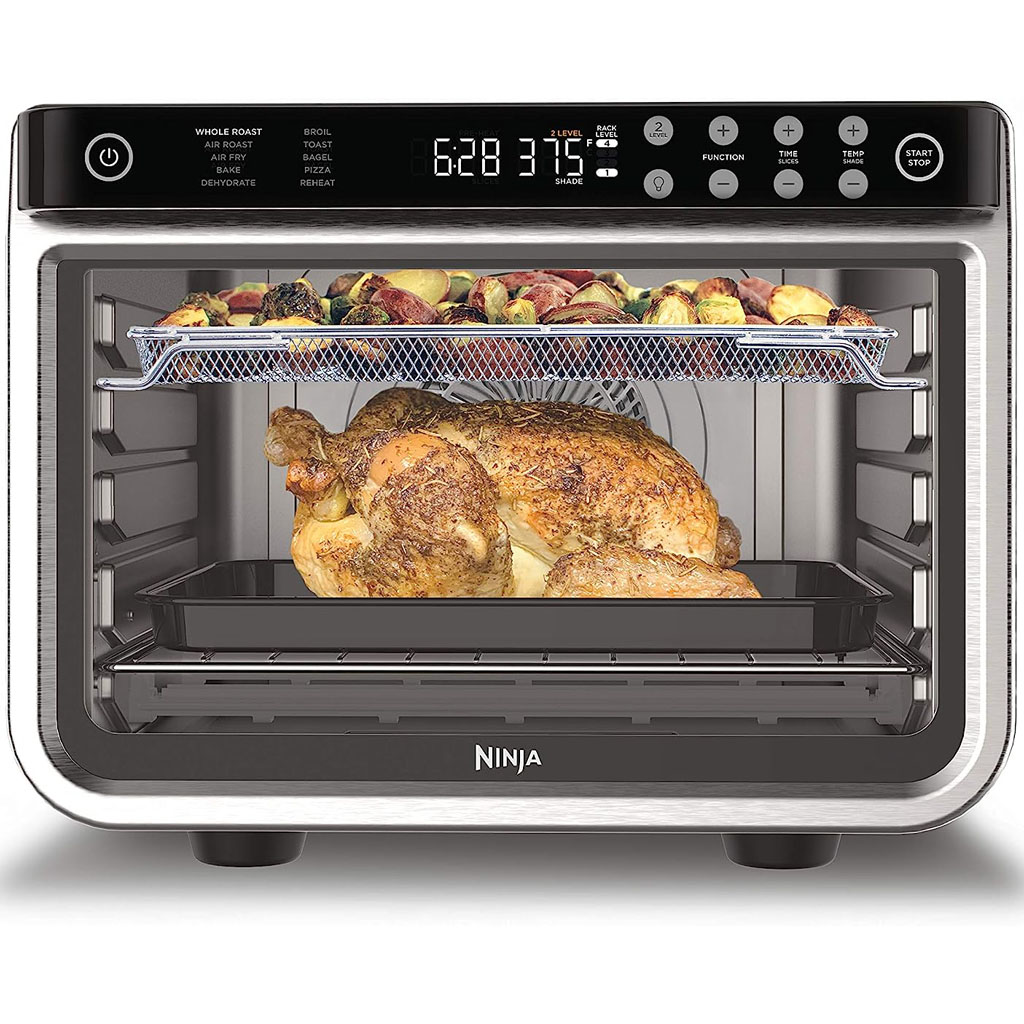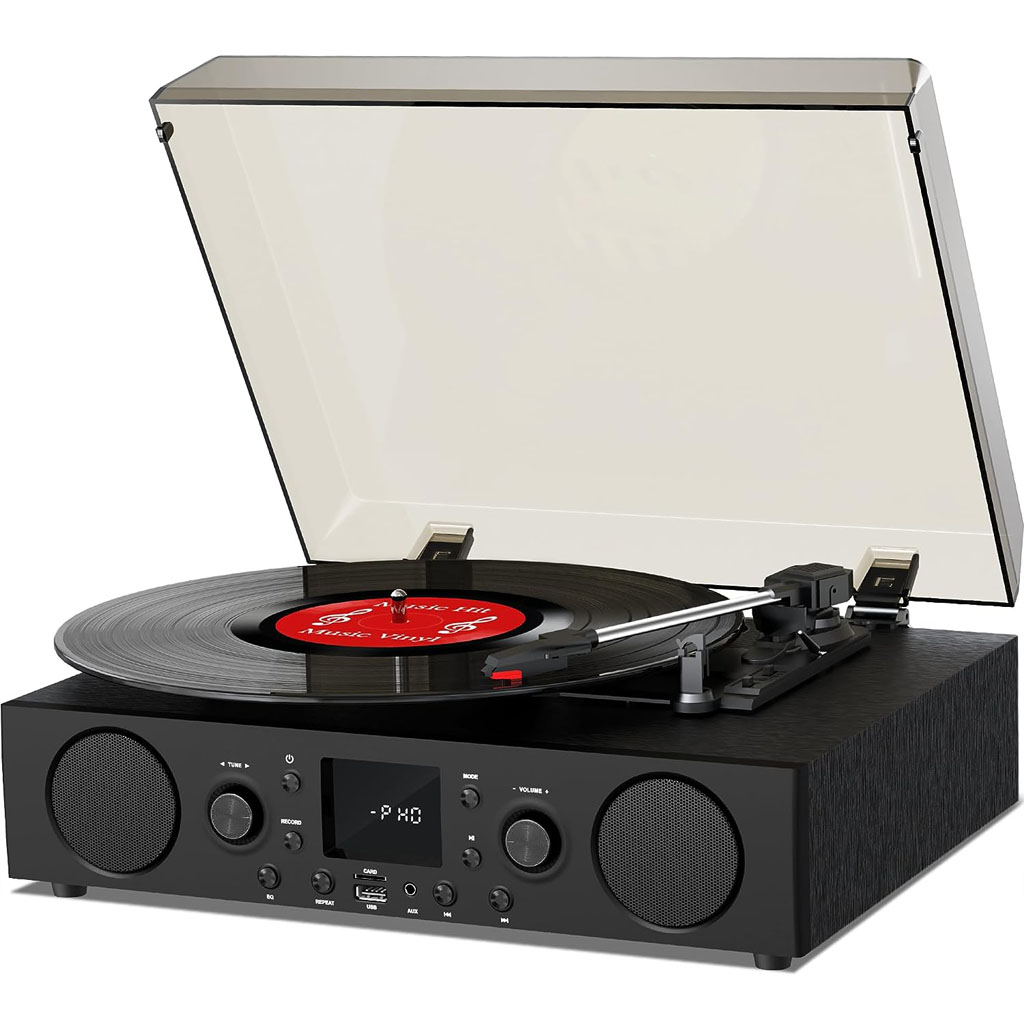
Last Updated | May 8, 2023
As a BigCommerce developer, you must probably be familiar with the Handlebars templating language, which is used to create dynamic templates for your online store. Handlebars provides a powerful set of helpers that can be used to simplify your code and make it more efficient.
In this post, we will introduce you to five BigCommerce handlebars helpers that are particularly useful for BigCommerce development. This post will help you to have a better understanding of how these helpers can be used to enhance your online store and improve the user experience for your customers.
So, let’s get started!
- As uploaded on Git Hub’s website, there are around 190 handlebars helpers in the Github repository.
- According to Krystal, BigCommerce has a total of 0.23% market share.
- AcquireConvert states that nearly 75% of BigCommerce sites are in the USA.
Benefits of BigCommerce Handlebars Helpers
Following are some of the benefits of BigCommerce handlebars helpers:
Simplify Complex Code
BigCommerce handlebars helpers are designed to simplify complex code by allowing developers to create reusable code snippets that can be used in multiple templates. This means that instead of writing the same code over and over again, developers can create a helper function that can be called whenever it is needed.
For example, a developer could create a helper function that generates a product thumbnail image based on a set of predefined parameters. This helper function can then be used in multiple templates, reducing the amount of code that needs to be written and making it easier to maintain and update templates.
Improve performance
BigCommerce handlebars helpers can improve the performance of your online store by reducing the amount of code that needs to be executed. This is because helper functions can be used to perform complex operations in a more efficient manner.
For example, a developer could create a helper function that generates a list of related products based on a set of predefined criteria. This helper function can then be used in multiple templates, reducing the amount of code that needs to be executed and improving the overall performance of the online store.
Enhance functionality
The handlebars helpers can enhance the functionality of your online store by providing additional features that are not available in the core Handlebars library. The “if” helper can be used to display content based on certain criteria conditionally. This can be useful for creating dynamic templates that display different content based on the user’s location, device type, or other factors.
Other helpers, such as the “each” helper, can be used to iterate over arrays and objects, making it easier to display dynamic content on your online store.
Customization
BigCommerce handlebars helpers are also customizable to meet the specific needs of your online store. This means that you can create custom helpers that are tailored to your business requirements and improve the overall functionality of your online store.
Top 5 Handler Helpers for BigCommerce
Handlebars is a popular templating language that allows you to create dynamic HTML templates. A Handlebars helper is a custom function that you can define to extend the functionality of Handlebars.
Here are the top 5 Handlebar helpers for BigCommerce:
1. {{json}}
The {{json}} helper is used to convert a JavaScript object into a JSON string. This can be useful for passing data from the server to the client, or for storing data in a cookie or local storage. For example, a developer could use the {{json}} helper to convert a product object into a JSON string, which can then be passed to a JavaScript function for further processing. This is also used while doing the BigCommerce migration.
How to Create It?
To create a Handlebars helper that outputs JSON, you can define a new helper function called `json` that takes an object as an argument and returns a JSON string. Here’s an example implementation:
Handlebars.registerHelper(‘json’, function(context) {
return JSON.stringify(context);
});
This helper function takes a single argument `context`, which is the object that you want to convert to JSON. The `JSON.stringify()` method is then used to convert the object to a JSON string, which is returned by the helper function.
How To Use It In Your BigCommerce Theme
You can use this helper in your Handlebars templates like this:
{{json myObject}}
In this example, `myObject` is the object that you want to convert to JSON. The `json` helper is called with `myObject` as its argument, and the resulting JSON string is output in the template.
2. {{concat}}
The {{concat}} helper is used to concatenate two or more strings together. This can be useful for creating dynamic URLs or for generating unique identifiers.
How To Use It In Your BigCommerce Theme
Here’s an example of how to use the `concat` helper in a Handlebars template:
{{concat “a ” b “c”}}
In this example, the `concat` helper is used to output a greeting message that includes the value of the `name` variable. The resulting output would be something like “Hello, John!” if the value of `name` is “John”.
You can also use the `concat` helper to concatenate multiple variables or strings together:
{{concat firstName ” ” lastName}}
In this example, the `concat` helper is basically used to output the full name of a person by concatenating the values of the `firstName` and `lastName` variables.
If you need to concatenate more than two strings, you can simply add additional arguments to the `concat` helper:
{{concat “The ” adjective ” brown ” animal ” jumped over the ” object “.”}}
In this example, the `concat` helper is used to output a sentence that includes several variables and strings concatenated together. The resulting output would be something like “The quick brown fox jumped over the lazy dog.” if the values of the variables are “quick”, “fox”, “lazy”, and “dog”, respectively.
Overall, the `concat` helper is a useful tool for building dynamic strings in Handlebars templates.
3. {{moment}}
The {{moment}} helper is used to format dates and times using the Moment.js library. This can be useful for displaying dates and times in a user-friendly format or for performing date calculations.
How To Use It In Your BigCommerce Theme
Here’s an example of how to use the `moment` helper in a Handlebars template:
In this example, the `moment` helper is used to format a date. The `date` argument should be a JavaScript Date object or a string that can be parsed into a Date object. The `format` argument should be a string that specifies the desired format for the date.
For example, if you want to display the date in the format “MM/DD/YYYY”, you would use the following Handlebars code:
moment().format(MM/DD/YYYY)
You can also use the `moment` helper to format times, durations, and other types of date-related data. For example, if you want to display the time in the format “h:mm a”, you would use the following Handlebars code:
moment().format(h/mm/a)
In this example, the `time` argument should be a JavaScript Date object or a string that can be parsed into a Date object that represents a specific time of day.
Overall, the `moment` helper is a powerful tool for working with dates and times in Handlebars templates. By using Moment.js with Handlebars, you can easily format dates and times in a way that is both flexible and easy to read.
4. {{filter}}
The {{filter}} helper is used to filter an array based on a set of predefined criteria. This can be useful for displaying a subset of products based on certain attributes, such as price or category. It takes two arguments: the first argument is the array of objects that you want to filter, and the second argument is an object that defines the condition for filtering.
How To Use It In Your BigCommerce Theme
Here’s an example of how to use the `filter` helper in a Handlebars template:
{{#each (filter users (query name))}}
<li>{{name}} – {{email}}</li>
{{/each}}
In this example, the `filter` helper is used to filter an array of `users` based on a `query` object that contains a `name` property. The resulting output would be a list of users whose names match the value of the `name` property in the `query` object. This is also highly usable in BigCommerce App Development.
The `filter` helper uses the `Array.prototype.filter()` method under the hood to filter the array of objects. The condition for filtering is defined in the second argument of the helper, which is an object that can contain one or more properties. Each property represents a condition that the objects in the array must meet in order to be included in the filtered result.
Here’s an example of how to define a condition object for the `filter` helper:
{{#each (filter products (query category=”electronics” price=”<100″))}}
<li>{{name}} – {{price}}</li>
{{/each}}
In this example, the `filter` helper is used to filter an array of `products` based on a `query` object that contains a `category` property and a `price` property. The resulting output would be a list of products that belong to the “electronics” category and have a price less than 100.
Overall, the `filter` helper is a useful tool for filtering arrays of objects in Handlebars templates based on custom conditions.
5. {{jsContext}}
The {{jsContext}} helper is used to access the global JavaScript context from within a Handlebars template. This can be useful for accessing global variables or functions that are defined in a separate JavaScript file.
How To Use It In Your BigCommerce Theme
Here’s an example of how to use the `jsContext` helper in a Handlebars template:
{{
#each
items}}
<div class=”item” data-id=”{{jsContext.id}}”>
<h2>{{jsContext.title}}</h2>
<p>{{jsContext.description}}</p>
</div>
{{
/each
}}
In this example, the `jsContext` helper is used to access the properties of the current context object within an `each` block. The `id`, `title`, and `description` properties of each item in the `items` array are output as data attributes and content within a `div` element.
The `jsContext` helper can also be used to perform more complex calculations or logic in your template. For example, you could use it to conditionally output certain content based on the value of a property:
{{
#if
(jsContext.price > 50)}}
<p>This item is expensive!</p>
{{else}}
<p>This item is affordable.</p>
{{
/if
}}
In this example, the `jsContext` helper is used within an `if` block to check the value of the `price` property of the current context object. Depending on the value of `price`, different content is output within the `if` block.
Overall, the `jsContext` helper is a powerful tool for accessing and manipulating the current context object in Handlebars templates.
Conclusion
By using the above-mentioned helpers, developers can create dynamic templates that provide a better user experience for customers and improve the overall functionality of the online store.
You must hire BigCommerce developers or a BigCommerce development company to execute these handlebar helpers, as they are some of the theme’s most crucial and complex parts.
Overall, Handlebars helpers are essential for BigCommerce developers who want to create dynamic and customizable templates for BigCommerce website design. This service is also offered by the BigCommerce web design company. By mastering these helpers, developers can create functional and visually appealing templates, helping drive sales and improve the overall user experience of their online stores.
FAQs
Why Do BigCommerce Developers Need To Know Handlebars Helpers?
BigCommerce uses Handlebars as its templating language, so developers need to be familiar with Handlebars helpers in order to create custom templates and themes for BigCommerce headless commerce stores.
Are Handlebars Helpers Specific To BigCommerce, Or Can They Be Used With Other Platforms?
Handlebars helpers are not specific to BigCommerce and can be used with any web application or platform that uses Handlebars as its templating language. However, the available helpers may vary depending on the platform or application.
Can I Create My Own Custom Handlebars helpers For My BigCommerce Store?
Yes, you can create your own custom BigCommerce Handlebars helpers for your BigCommerce store by defining them in a JavaScript file and registering them in your theme’s “config.json” file. This allows you to extend the functionality of Handlebars and create more customized templates and themes for your store. You can also find a good amount of documentation on the BigCommerce support services page.
Source: https://ecommerce.folio3.com/blog/bigcommerce-handlebars-helpers/






